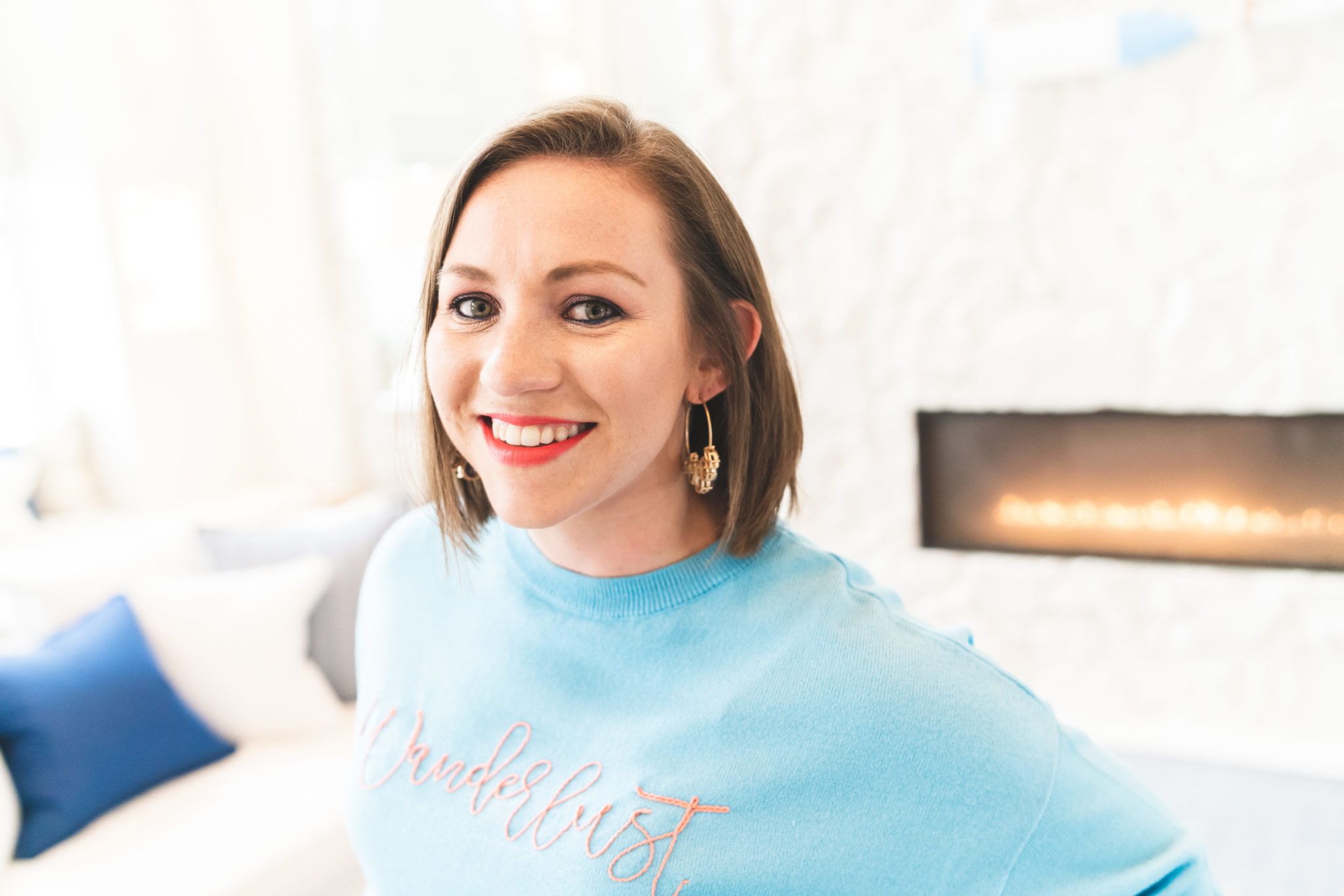It’s okay to be afraid to talk about race at work. It’s not okay to ignore inequities.
Courageous leaders make the intentional choice to talk about hard things. I’m going to say something provocative, but please stay with me.
The whiter, straighter, more male or majority [anything] you are, the harder it is to start a conversation about diversity, equity and inclusion.
It’s hard because we’re so afraid that we might say something that doesn’t match our heart.
Let me ease your fear: Sometimes, you’re going to say the wrong thing. You’re going to screw up and probably upset someone. But as long as you continue to have the conversation, a space has been created to see it through.
Here’s how to talk about race at work:
- Do This (SAY SOMETHING): How did your favorite brands respond to the death of George Floyd, Breonna Taylor and Christian Cooper? For me, any brand that responded with anything felt appropriate. On the other hand, there was a stark contrast between those brands that continued operating, and advertising, business as usual. It felt cold, confusing and consumers noticed more than ever.
Say something! In a company, or team-wide, email – at your next team meeting – internal or external – the medium doesn’t matter. Acknowledge what’s going on, say how, you as a human being, feel about it – and allude to your next steps.
“This weekend, I reflected on what’s going on with racial inequality. I can imagine many of you have done the same. My eyes, and ears, have been opened and I intend to have more open discussions about what this means for you, as an individual, and us as an organization.”
- Do This (DO YOUR OWN WORK): It’s time to put behaviors behind the values we profess because you can’t live into values that you can’t name and describe. If you’re like me, equality is a value you believe in. So what does that mean, exactly? Go deeper by answering the following questions about this, and any value, you choose to live your life by.
–What does equality mean to me?
“Ensuring individuals are not treated differently or unfairly because of race, gender, disability, religion, orientation and age.”
—What are 2-3 behaviors that support your value?
“Focus on diversity when hiring for all roles; speaking up when no one else will.”
—What are 2-3 slippery behaviors that are outside your value?
“Staying silent, when a group is noticeably underrepresented; letting bad jokes slide because I am uncomfortable.”
—What’s an example of a time when you were fully living into this value?
“When I met with HR to understand why I continued to see white-only applicants for several years in a row.” - Do this (BE CLEAR): Be clear about what is okay, and what is not okay, when it comes to discussing race on the team or organization. Remember there is no right answer, but your people need to understand what the boundaries are. You can adjust as you go.
“We’re going to have some tough discussions today, and in the future. Whether you’re a person of color, or not, it’s okay for you to share what you’ve seen, and how you are feeling, with your internal team and during facilitated discussions. It’s even okay if you raise your voice at a meeting. It is not okay to pound your fists on the table or send out mass email blasts; and if you do these things you will be held accountable.”
- Do this (TAKE ACTION): Talk, and discussion, make great catalysts but action is the end goal. Do your best to not make these decisions in a silo. It is critical you ask your people what they need. Ask underrepresented groups what steps they want to be taken, and then follow through. Strive for progress, over perfection, and remember you probably won’t get it all right but you’re moving forward in order to make it right.
I’ve said it before and I’ll say it again … your people don’t need a hero right now; they need a leader. Acknowledgment, awareness, boundaries and action are all easy yet important steps you can take to move towards an inclusive culture and wildly successful business.
Kim Linton is the owner of 1Light Daring Leadership & Facilitation. She works with individuals, and teams, who want to make work modern, courageous and intentional. She is a Certified Dare to Lead Facilitator and provides agile, repeatable, profitable solutions for teams. Reach her at [email protected] and see more at www.weare1light.com.










